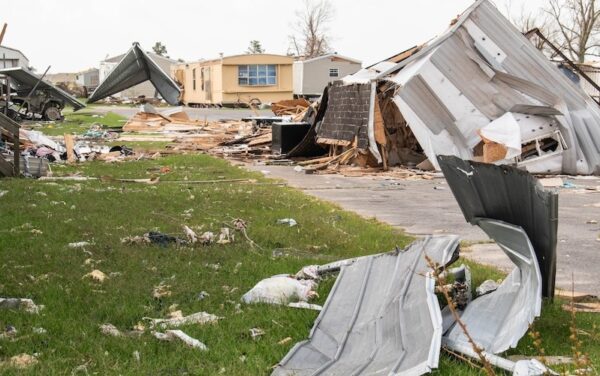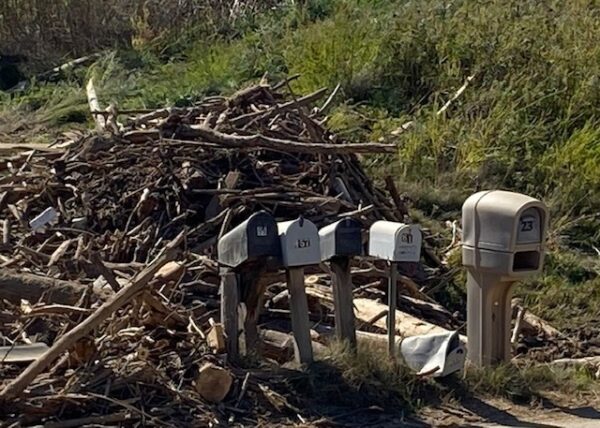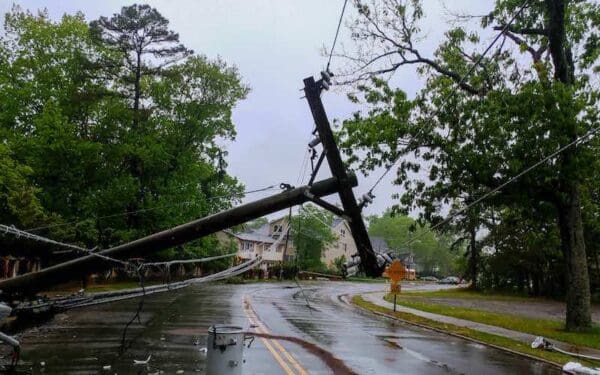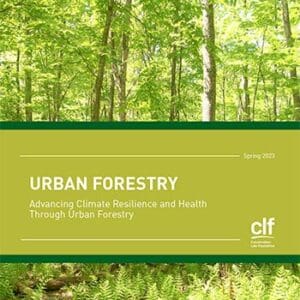Cutting our climate-damaging emissions remains critical to combatting climate change. We must also prepare for the impacts we can no longer avoid.
Extended heat waves, stronger nor’easters, more intense and frequent rainstorms – these are some of the climate impacts starting to affect New England. According to scientists, these impacts will only worsen in the coming years – even if we succeed in slowing climate change.
And while no New Englander can escape these impacts, they hit some communities harder than others. Those living in neighborhoods with little tree cover suffer more when heat waves strike. The acres of buildings and pavement create a deadly heat island effect, in which temperatures soar even higher and air quality worsens, affecting public health. Those will less access to transportation may find it harder to evacuate when disaster strikes. And those who find their home inundated by heavier rains and more frequent floods may find it harder to rebuild and bounce back.
The same areas hit hardest by these climate impacts tend to be home to more families of color and with limited means than other parts of New England.
Adapting to climate change means preparing our communities for these changing conditions. We must ensure that our built (like buildings and roads) and natural (like parks and wetlands) systems can withstand and bounce back from extreme weather. That means making sure people can rebound, too.
CLF uses our legal, legislative, and regulatory expertise to advocate for urgently needed solutions that will ensure our communities are ready for climate impacts. That includes:
- Pushing to update building codes to address climate risk. Every new building constructed today should account for more extreme temperatures, precipitation, and sea level rise.
- Requiring utility companies to safeguard their infrastructure. When our heat and electricity fail in the middle of a storm, it puts our health and safety at risk. Yet no New England state has required its utilities to assess their vulnerability to climate change – or take action to prepare for it. We are working to change that.
- Ensuring we adapt to climate risks equitably: We’re making sure that the measures we take to adapt to our changing climate don’t harm our most vulnerable neighborhoods.
- Holding Big Oil accountable for climate neglect. Big Oil companies like Exxon and Shell knowingly placed oil storage terminals and other facilities in low-income communities – then failed to prepare those facilities for the climate risks their own products have caused. We’re holding them to account for their climate deceit and neglect.
We deserve cities and towns that can weather the climate impacts we know are coming. CLF’s unique expertise and regional reach give us a broad perspective on how to push forward the solutions we need.




